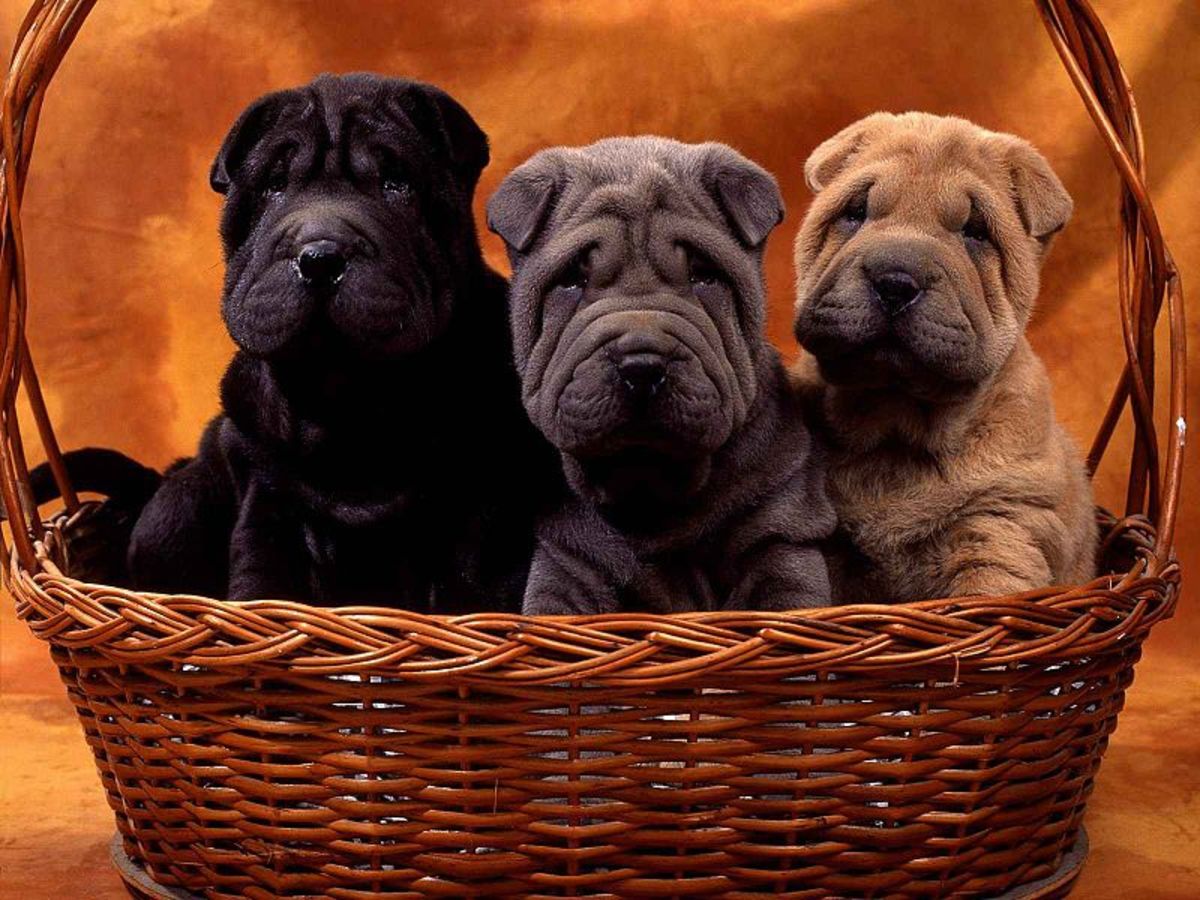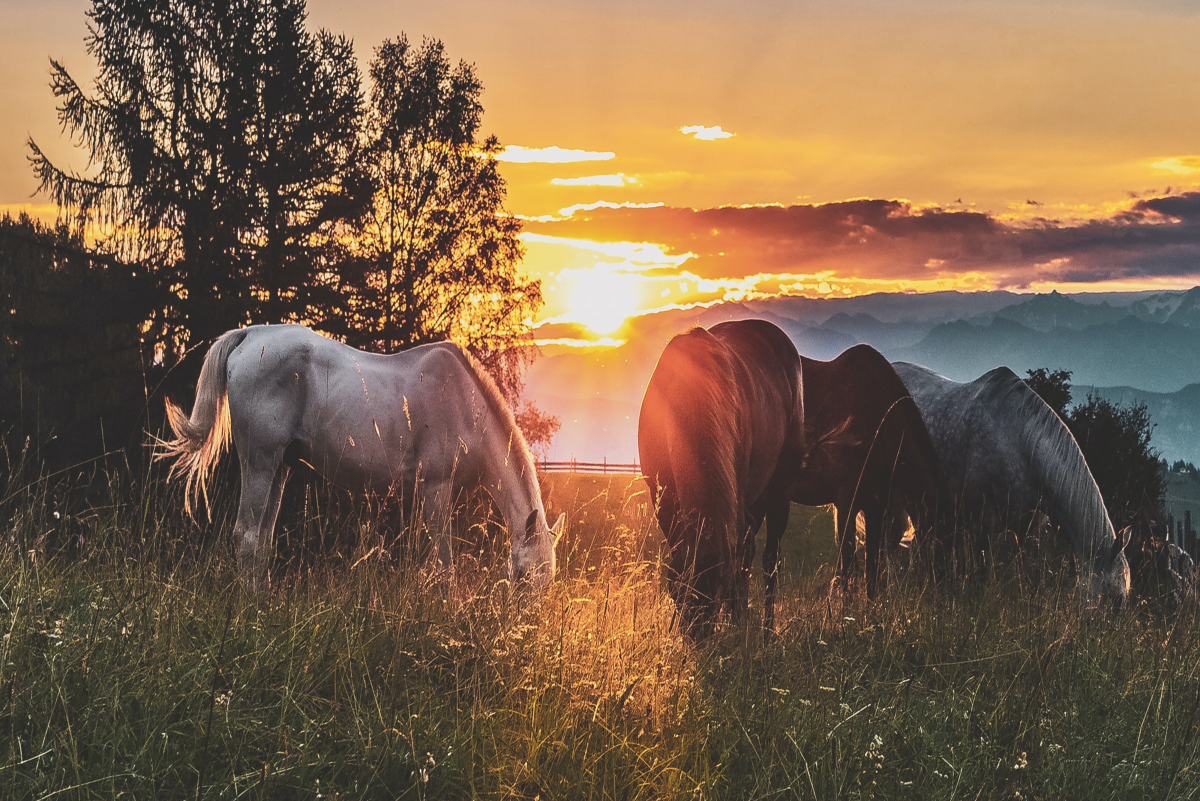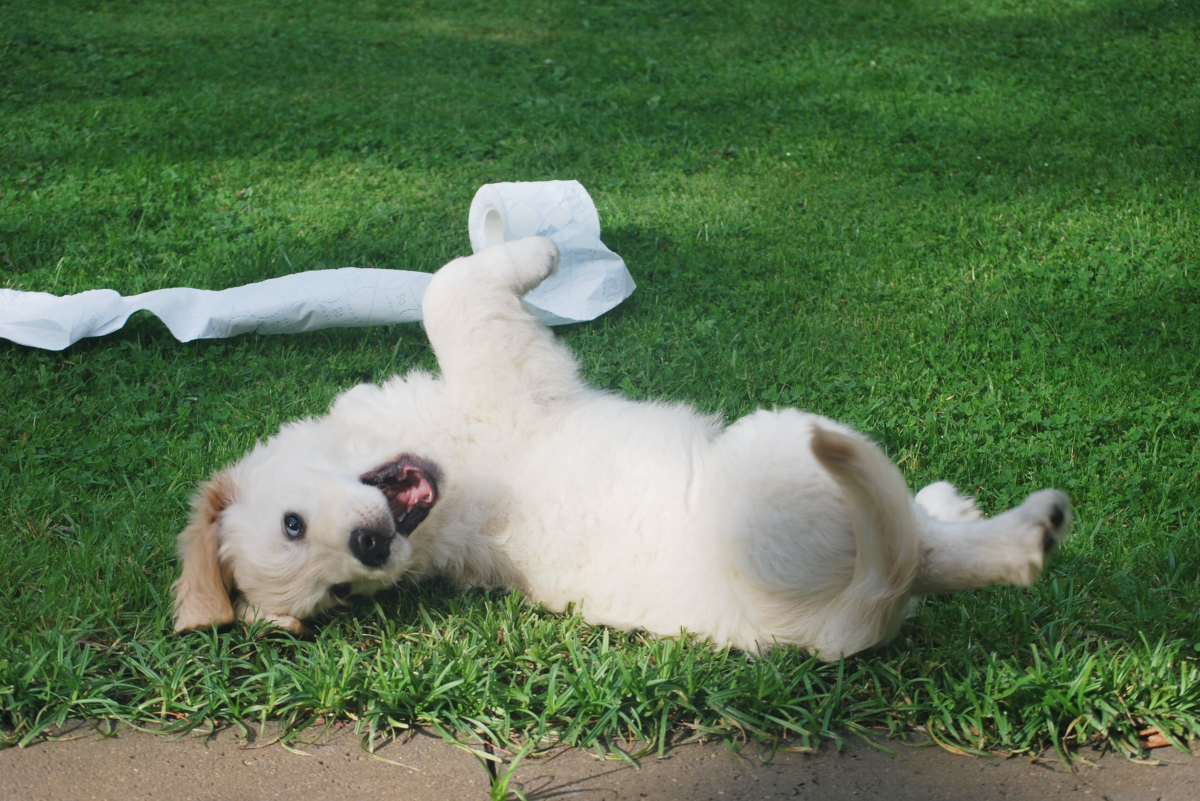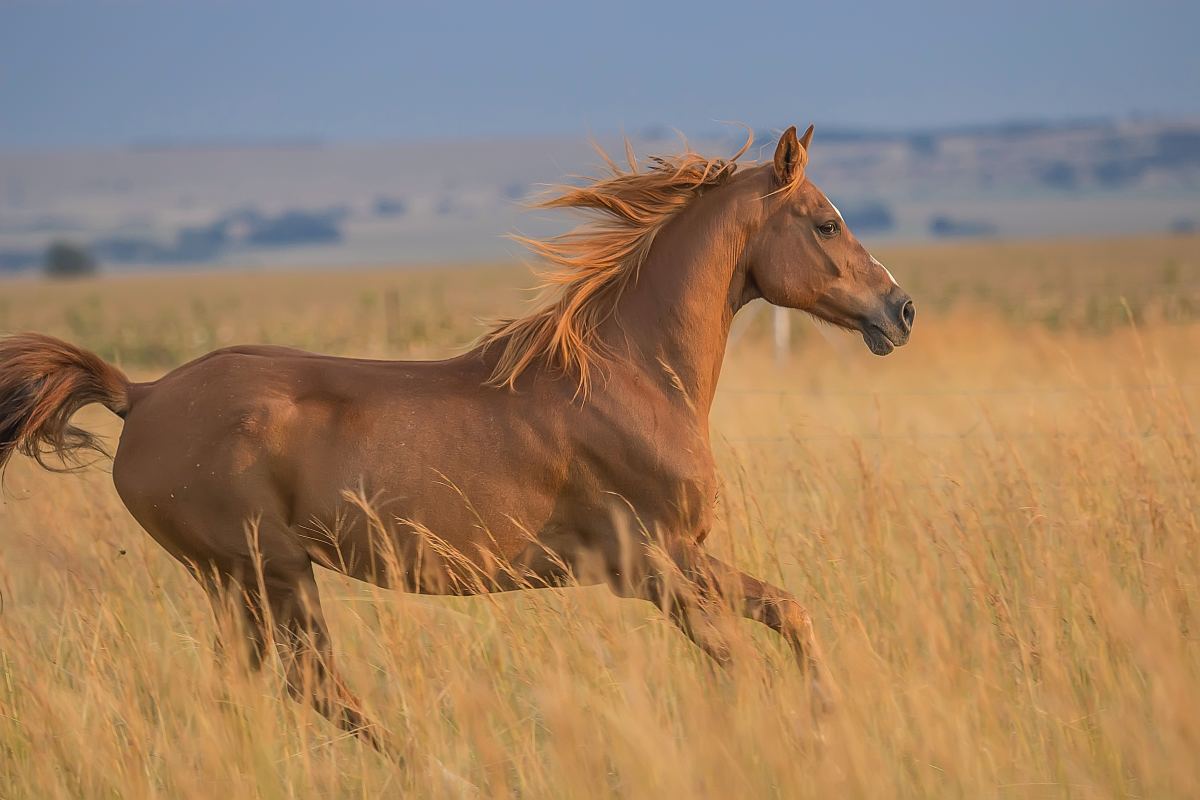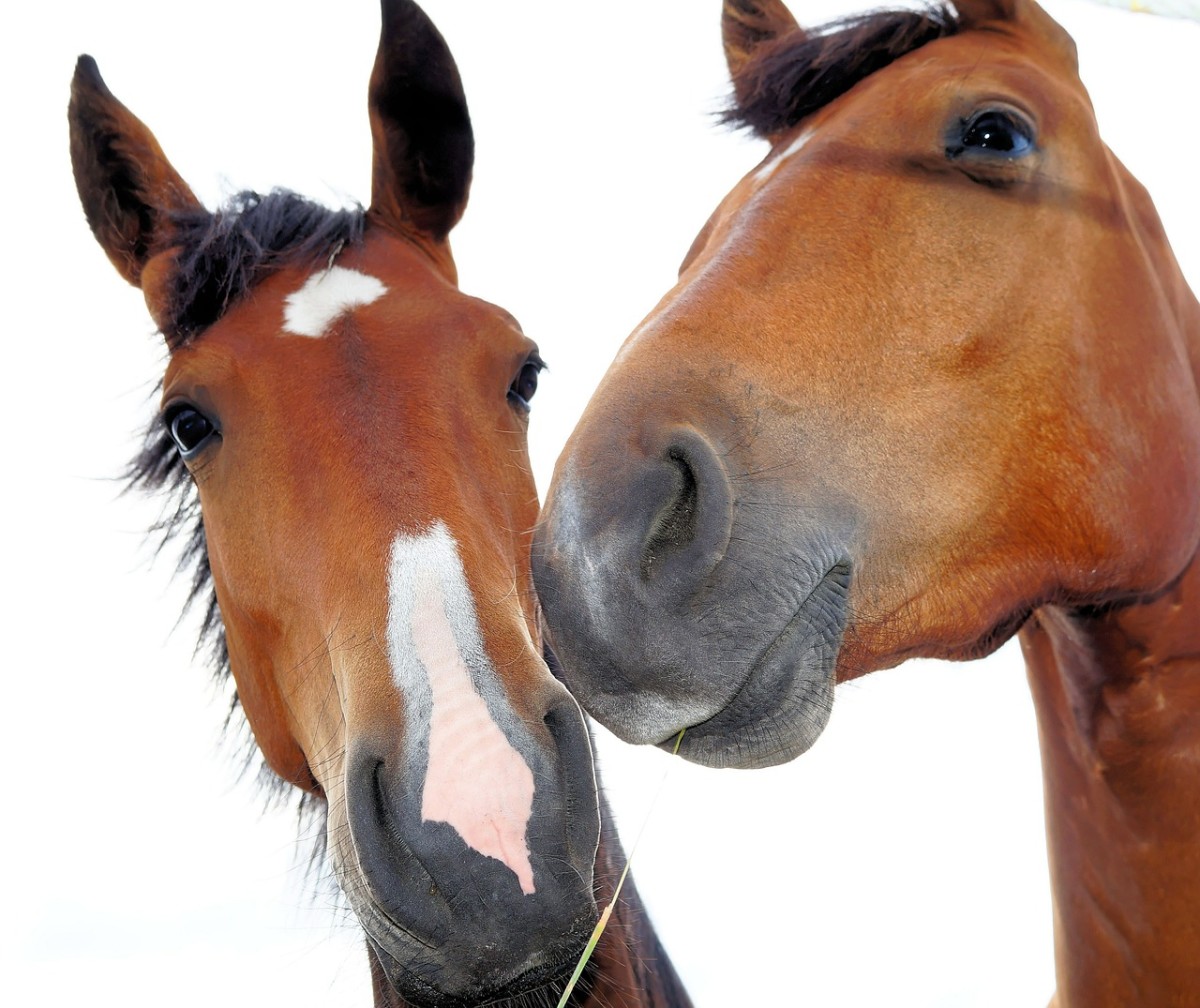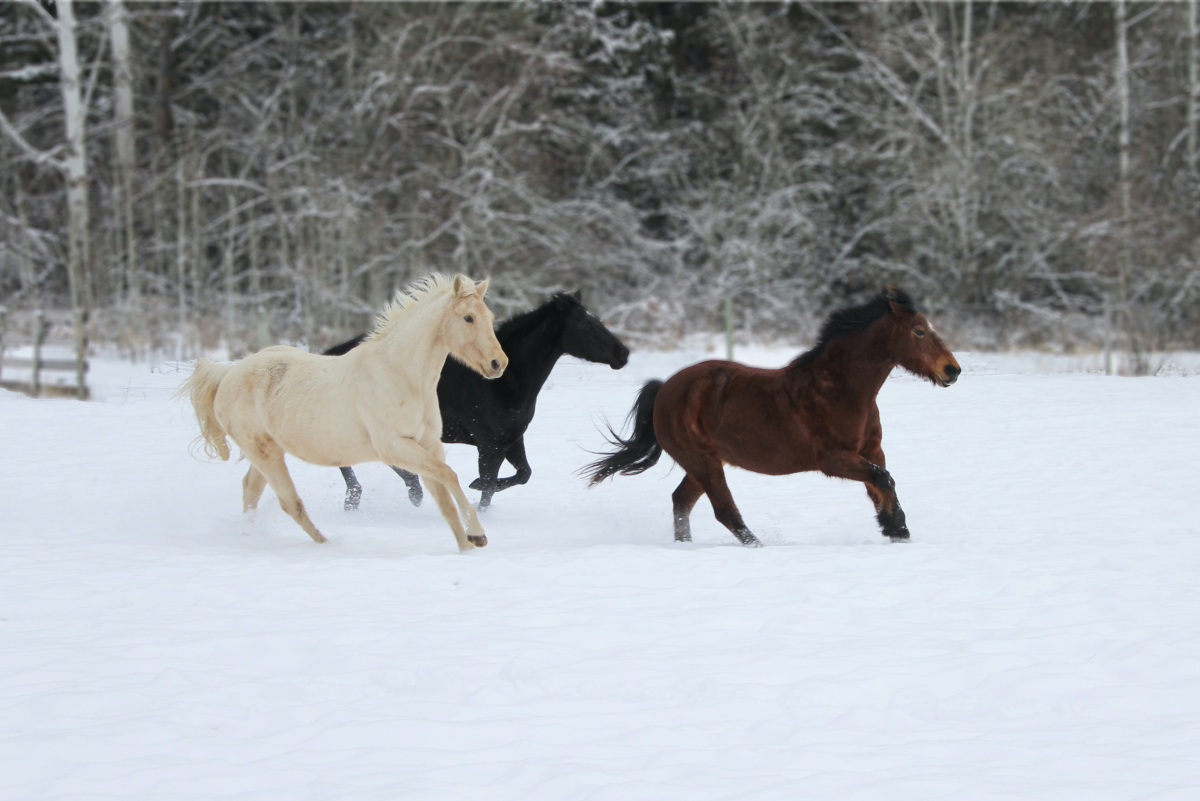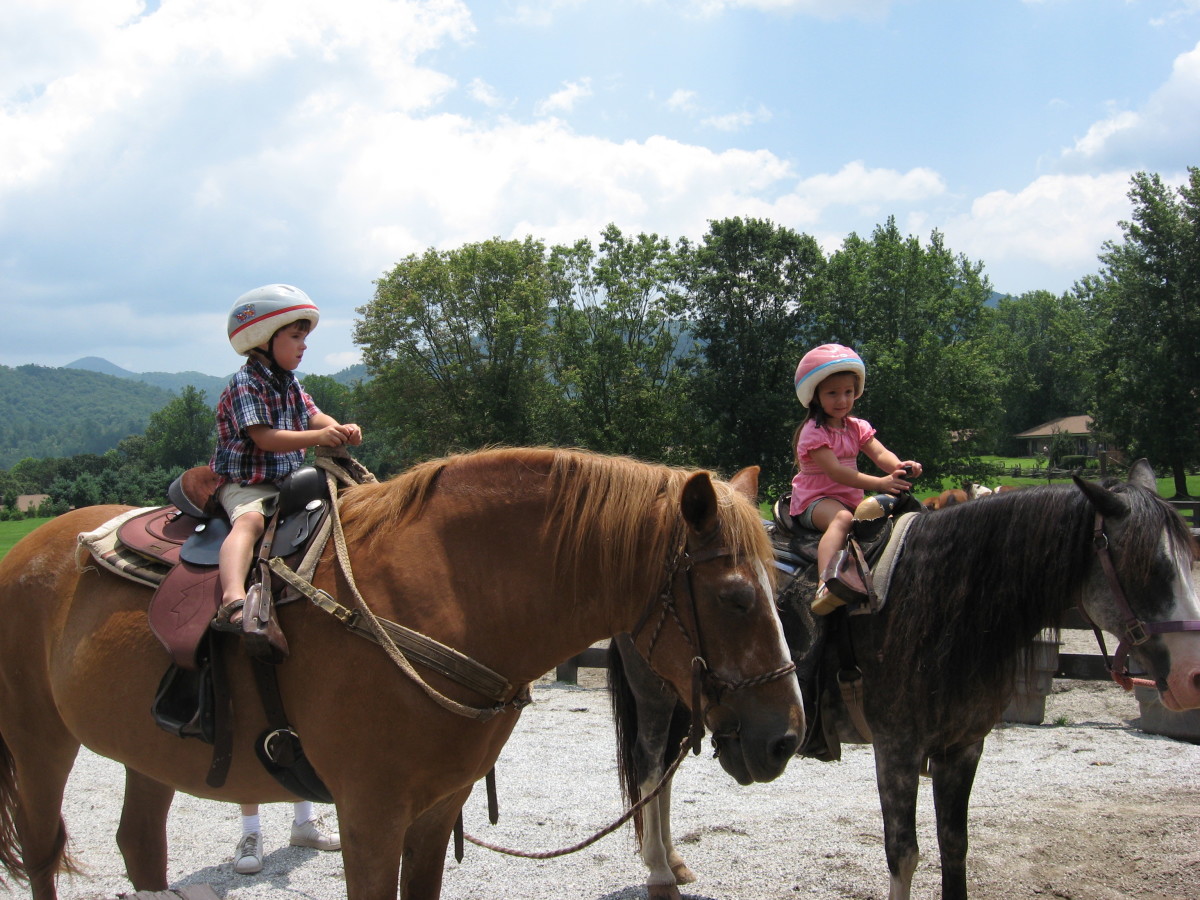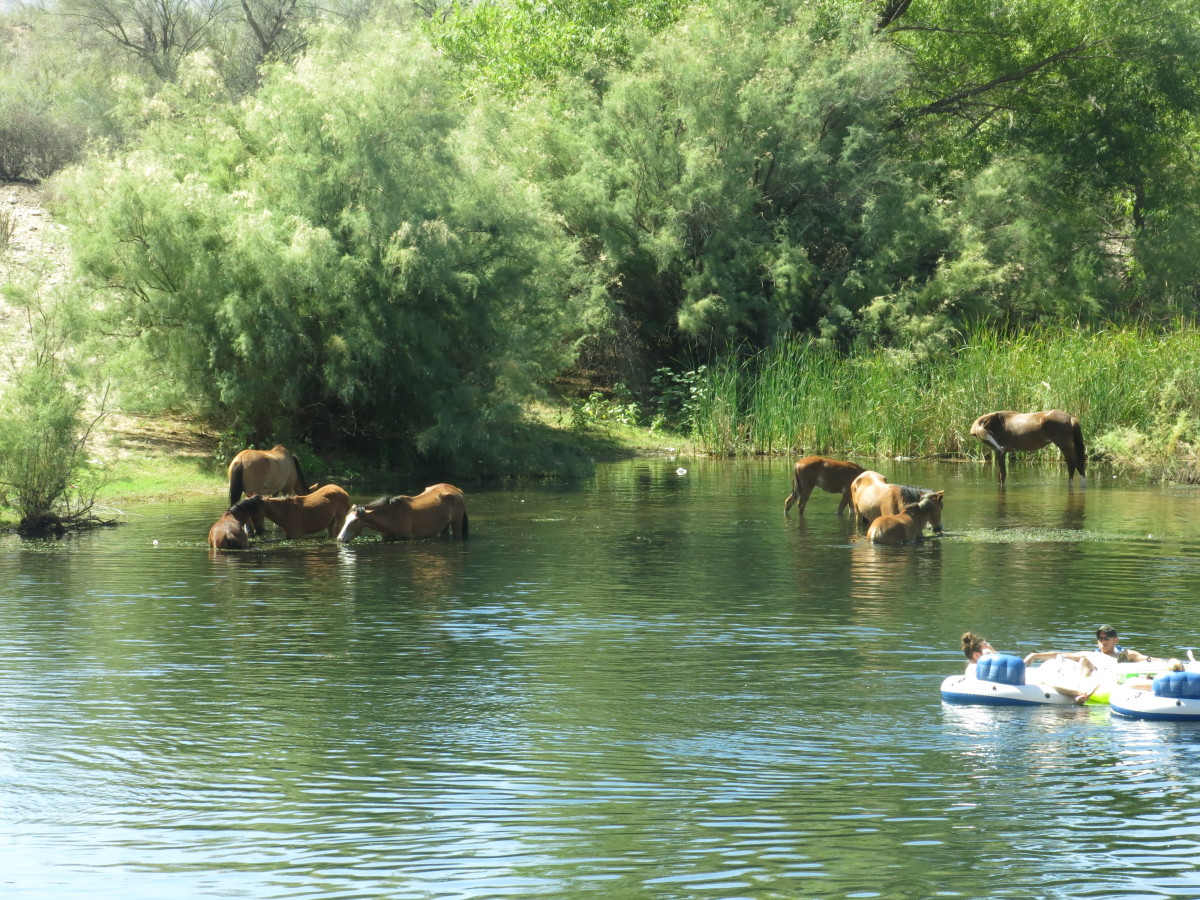Why Does My Horse Eat Poop
Benefitial to Foals
There are several reasons why horses eat poop from boredom to nutritional deficiencies.
Eating poop is especially common in young foals. Some researchers believe it is the mother’s odor that attracts the babies to poop, but it can also be simple curiosity. Foals actually benefit from eating poop as it introduces bacteria helpful to digestion into the gut. So, if your foal is eating poop it is not cause for concern.
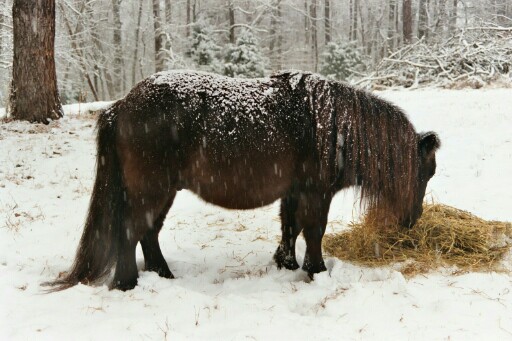
In Adult Horses Something May be Amiss
In adult horses eating poop can signal something is amiss in the horse’s nutrition. It is very rare, and usually only seen in starving horses, but can occur in horses that seem in good health. The lacking nutrients can be salt, phosphorus, and potassium. If your horse started this behavior in the summertime or has been in hard training, causing it to perspire a lot, be sure it is getting free choice salt and minerals in loose or block form. Horses should have this available all year around, but it is especially critical under the mentioned conditions.
Some soil conditions can result in pasture grass lacking
some of these nutrients. You can have your pasture or hay tested to see if it
is deficient in any nutrients so you can supplement if necessary. Your county cooperative extension service can help you with the testing.
It is more common in stalled horses or horses confined to small paddocks without grazing than those kept on pasture with plenty of good grazing. Confined horses should have quality hay available 24/7 to keep them from nibbling where they should not. Horses are designed to graze and rest, graze and rest. The hay will fulfill that natural instinct as well as supply their nutritional needs. Confined horses also need regular daily exercise to maintain mental as well as physical health. Having a veterinarian examine the horse may be necessary to pinpoint the cause if its behavior if it continues after increasing its forage and exercise.
This article is accurate and true to the best of the author’s knowledge. It is not meant to substitute for diagnosis, prognosis, treatment, prescription, or formal and individualized advice from a veterinary medical professional. Animals exhibiting signs and symptoms of distress should be seen by a veterinarian immediately.
© 2010 Donna Campbell Smith

